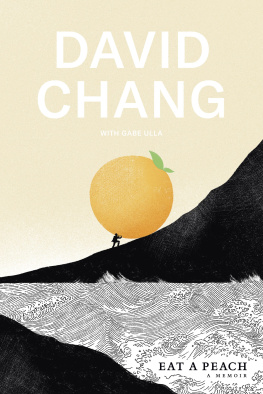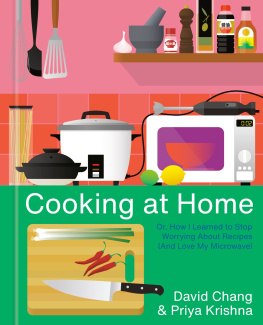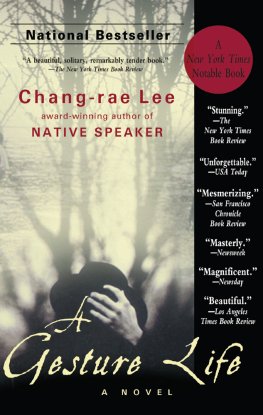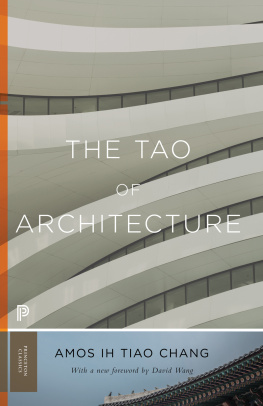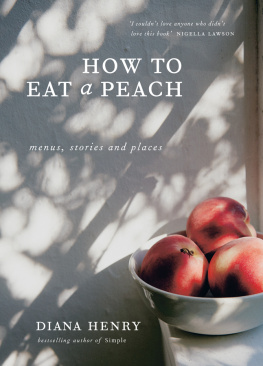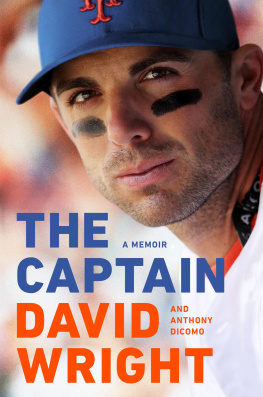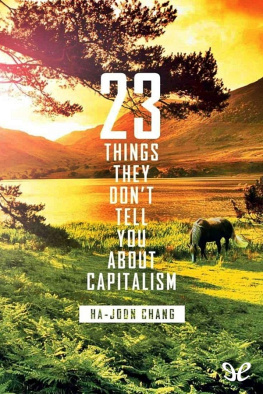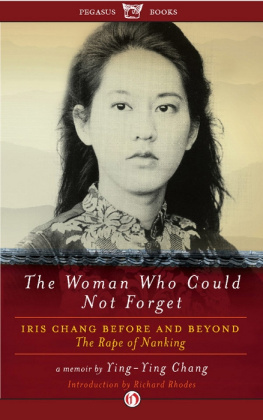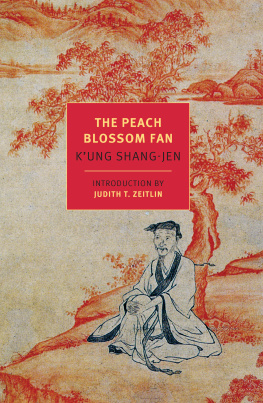David Chang - A Memoir: Eat a Peach
Here you can read online David Chang - A Memoir: Eat a Peach full text of the book (entire story) in english for free. Download pdf and epub, get meaning, cover and reviews about this ebook. year: 2020, publisher: Potter/Ten Speed/Harmony/Rodale, genre: Home and family. Description of the work, (preface) as well as reviews are available. Best literature library LitArk.com created for fans of good reading and offers a wide selection of genres:
Romance novel
Science fiction
Adventure
Detective
Science
History
Home and family
Prose
Art
Politics
Computer
Non-fiction
Religion
Business
Children
Humor
Choose a favorite category and find really read worthwhile books. Enjoy immersion in the world of imagination, feel the emotions of the characters or learn something new for yourself, make an fascinating discovery.
- Book:A Memoir: Eat a Peach
- Author:
- Publisher:Potter/Ten Speed/Harmony/Rodale
- Genre:
- Year:2020
- Rating:3 / 5
- Favourites:Add to favourites
- Your mark:
- 60
- 1
- 2
- 3
- 4
- 5
A Memoir: Eat a Peach: summary, description and annotation
We offer to read an annotation, description, summary or preface (depends on what the author of the book "A Memoir: Eat a Peach" wrote himself). If you haven't found the necessary information about the book — write in the comments, we will try to find it.
A Memoir: Eat a Peach — read online for free the complete book (whole text) full work
Below is the text of the book, divided by pages. System saving the place of the last page read, allows you to conveniently read the book "A Memoir: Eat a Peach" online for free, without having to search again every time where you left off. Put a bookmark, and you can go to the page where you finished reading at any time.
Font size:
Interval:
Bookmark:
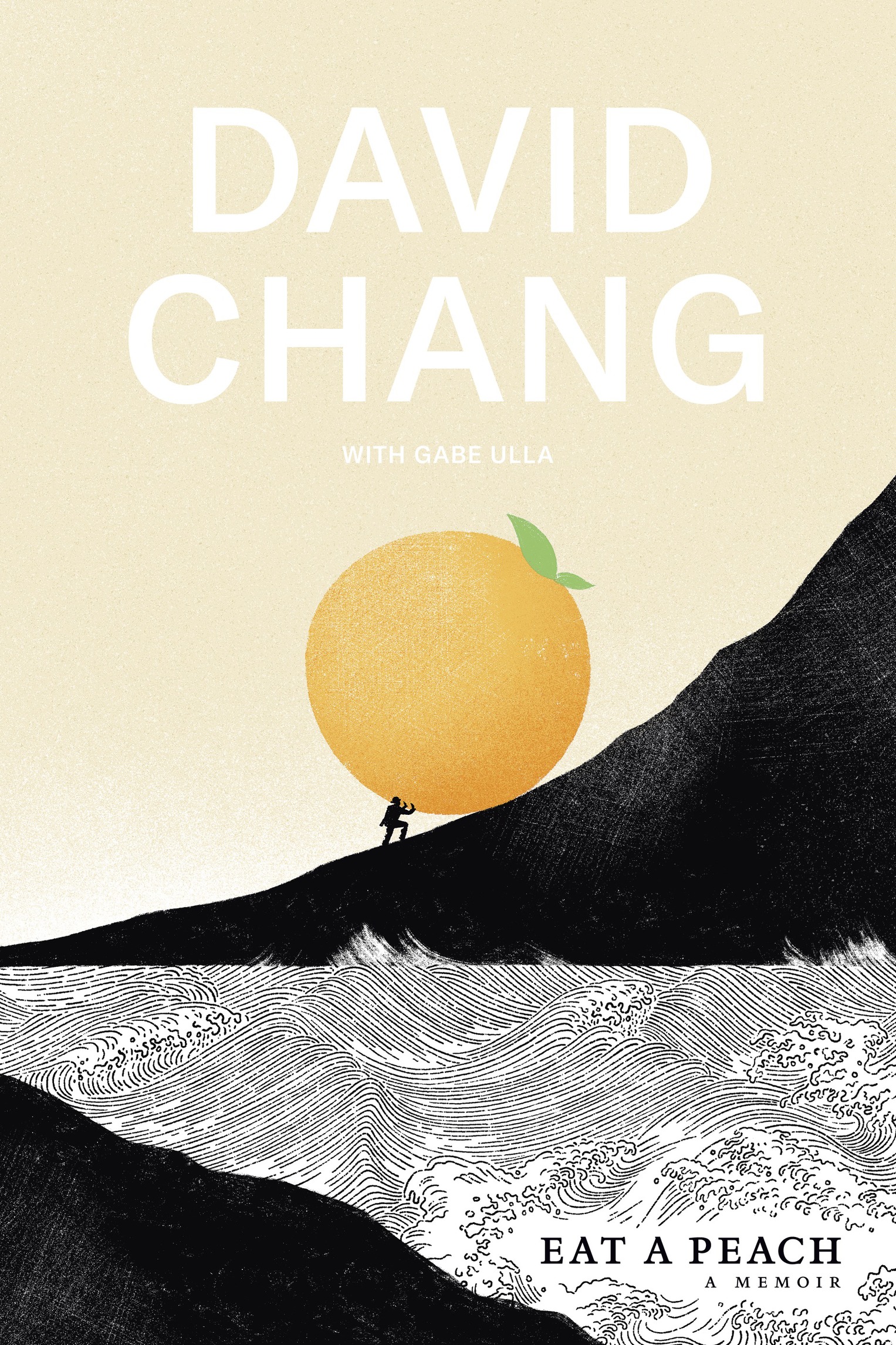
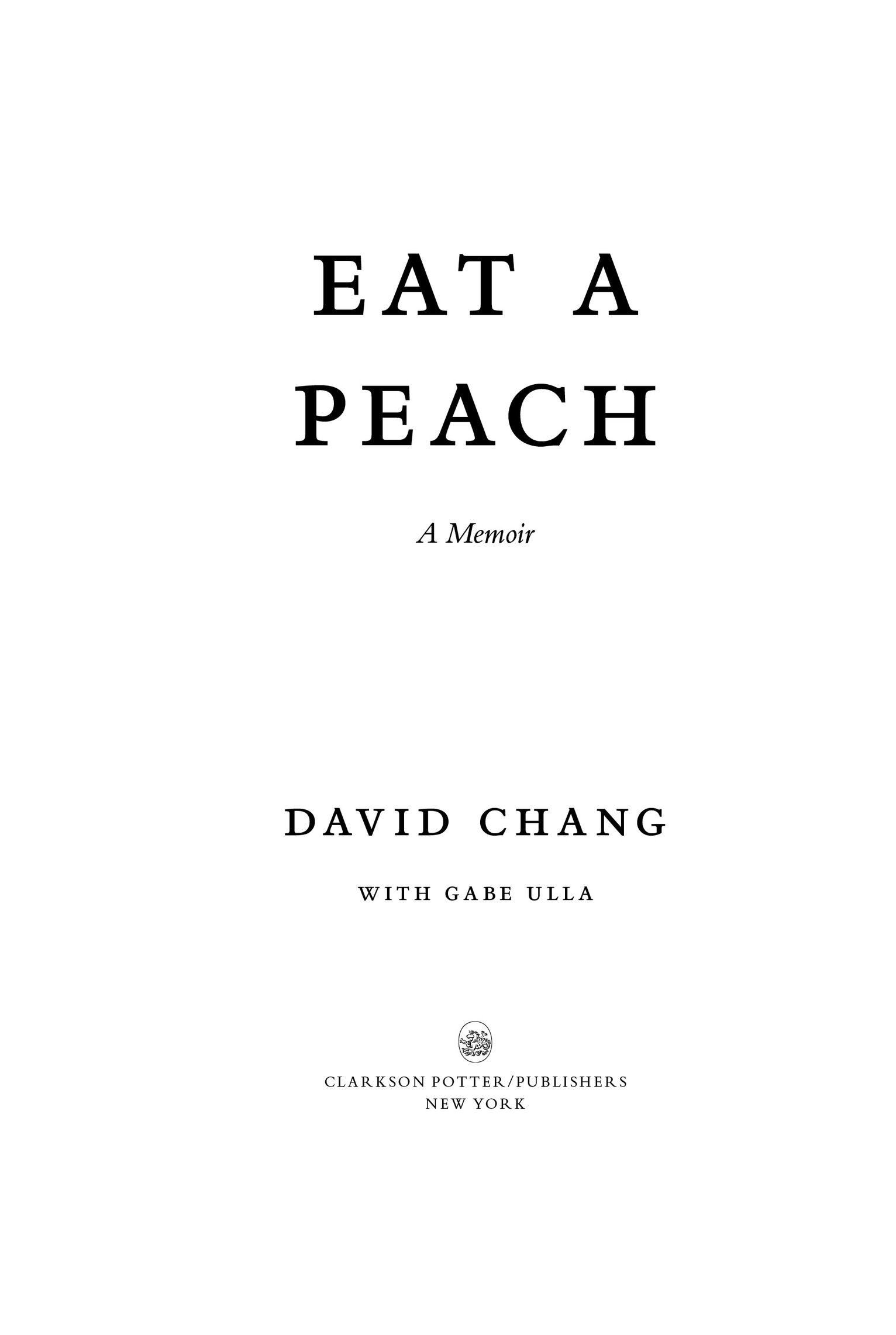
AFTERWORD
This book was scheduled to be published on May 19, 2020, but that date came and went.
Two months earlier, on March 14, all of our restaurants went dark. We werent the only ones. The Covid-19 pandemic thrust nearly every independent restaurant on earth into a fight for survival. A staggering number of restaurant workers are currently unemployed; chefs have seen their lifes work erased in an instant. And thats to say nothing of the millions of other jobs lost or the hundreds of thousands of lives taken by the virus so far.
Then, on May 25, George Floyd was killed by police officers in Minneapolis, setting off a worldwide movement against systemic racism and police brutality.
The events of the past few months have posed monumental questions about our countrys prevailing wisdom and priorities. Let me be clear, though: The need for change was urgent even before any of this happened. And if you ask me, much of it was already comingat least as far as the restaurant industry goes; its just that the world has condensed that change from a timeline that would have probably been ten to fifteen years down to a matter of months.
That doesnt mean were there yet. Not even close. This is just the beginning. And while whats happened in the past few months has generated incredibly painful realizations about our society, we must hold on to hope. As impossible as it may seem, I believe that we can build a better version of our world, a world where no one is left vulnerable to the diseasesboth natural and man-madethat plague us today.
But we have to learn from our mistakes. We cant keep up with a world that changes this quickly if we dont have a firm grip on the past. In that spirit, Ive left this book unchanged from what I submitted to the publisher months ago. I really believe you can read this book as you would a history text about the excesses of the Roman Empire. Over the past twenty years, as the food world was growing and expandingand my career along with itwe were all guilty of buying into our own hype. I hope this book will help us see the stupid areas that we gave too much attention to and the vital issues to which we didnt give enough.
So what now? The next version of America is still unformed, which is exciting and daunting at the same time. My approach, as always, is to start by defining the extremes, the parameters of success and failure. So, at the risk of looking like a complete idiot, allow me to pick an arbitrary point in the futurelets say 2035and present two possible visions of tomorrows world.
2035: WORST-CASE SCENARIO
America remains divided along its fault lines. Politics continue to prevent progress on what should be apolitical issues: the environment, public health, and especially institutional racism. Social media deepens these divides and makes reconciliation all but impossible.
Climate change has continued to accelerate. Theres been no widespread behavioral or structural changes, and billions of people around the world are at grave risk due to rising temperatures, droughts, wildfires, and extreme weather patterns.
We thought Donald Trump was the worst possible president, but he only lifted the curtain on something much more entrenched. He may as well still be in office.
In the wake of Covid-19 (and other subsequent pandemics), the vast majority of independent restaurants have been allowed to die. Fast food won. People who tell stories about the restaurant-dining era are dismissed like music fans who never got over Elvis.
The remaining hourly-wage restaurant employeesespecially undocumented workershave seen no improvement to their salaries, benefits, or job stability. Tipping is still the dominant model for hospitality workers, and the minimum wage is still too low to sustain a life.
Weve lost a great many family-run restaurants, as well as the knowledge they held. More important, new opportunities for people with nonwhite perspectives remain woefully limited. As a result, there has been a distinct narrowing of voices in food and food media.
Robots and ghost kitchens dominate the culinary landscape. Weve seen the death of the chef as a celebrity figure and cooks have fallen to the very bottom rung of the social order.
Mental health deteriorates around the world, yet nobody recognizes it as a public health issue.
2035: BEST-CASE SCENARIO
Aliens have invaded. Or some other momentous global event has finally awakened us to our common humanity. Weve begun to build things together again, including a national identity that derives its strength from its diversity.
Weve seen small actions compound into radical, sweeping changes in policing, the prison system, voter rights, immigration, health care, education, the environment, and foreign aid, to name but a few key issues.
Innovative farming and advances in food production, in combination with widespread changes to peoples eating habits, have helped curb climate change. Meat has once again become something to be celebrated, cherished, and stretched.
In the wake of Covid-19, the government recognized the essential work of the food industry and helped independent restaurants recover from the financial toll of the pandemic. Restaurants, in turn, adapted and diversified their revenue streams, leading to better pay and better protection for employees.
With greater financial certainty and freedom from a reliance on best-of lists, awards, and critics, restaurants are now hubs for craft and creative expression.
New establishments mean new voices. There are no hierarchies anymore. The restaurant world is a meritocracy, meaning there is equal opportuniy for those who have traditionally had less access to capital and opportunities. As a result, a broad range of cultural knowledge has been preserved.
More people are cooking and growing food at home.
Cooks and chefs helped lead the way out of the Covid-19 pandemic, both by feeding those in need and by leveraging their expertise to help the world safely adapt to a new landscape. Weve seen the death of the chef as a celebrity figure as the cooking profession has been elevated as a whole. Getting a job as a cook is now on par with becoming a doctor or a software engineer.
Mental health is much better understood by the public and treatment has been completely and utterly destigmatized. Seeing a doctor for help with mental-health issues is as commonplace as getting a flu shot.
These are only my scenarios and I recognize that not everyone will agree with my priorities, which is why you should spend the time considering the future you want to see. Beyond that, my only advice to you is to aim for the best and fight like hell to avoid the worst.
DC, JUNE 2020
Copyright 2020 by David Chang
All rights reserved.
Published in the United States by Clarkson Potter/Publishers, an imprint of Random House, a division of Penguin Random House LLC, New York.
clarksonpotter.com
CLARKSON POTTER is a trademark and POTTER with colophon is a registered trademark of Penguin Random House LLC.
Library of Congress Cataloging-in-Publication Data
Names: Chang, David, 1977 author. | Ulla, Gabe, author.
Title: Eat a peach: a memoir / David Chang with Gabe Ulla.
Font size:
Interval:
Bookmark:
Similar books «A Memoir: Eat a Peach»
Look at similar books to A Memoir: Eat a Peach. We have selected literature similar in name and meaning in the hope of providing readers with more options to find new, interesting, not yet read works.
Discussion, reviews of the book A Memoir: Eat a Peach and just readers' own opinions. Leave your comments, write what you think about the work, its meaning or the main characters. Specify what exactly you liked and what you didn't like, and why you think so.

